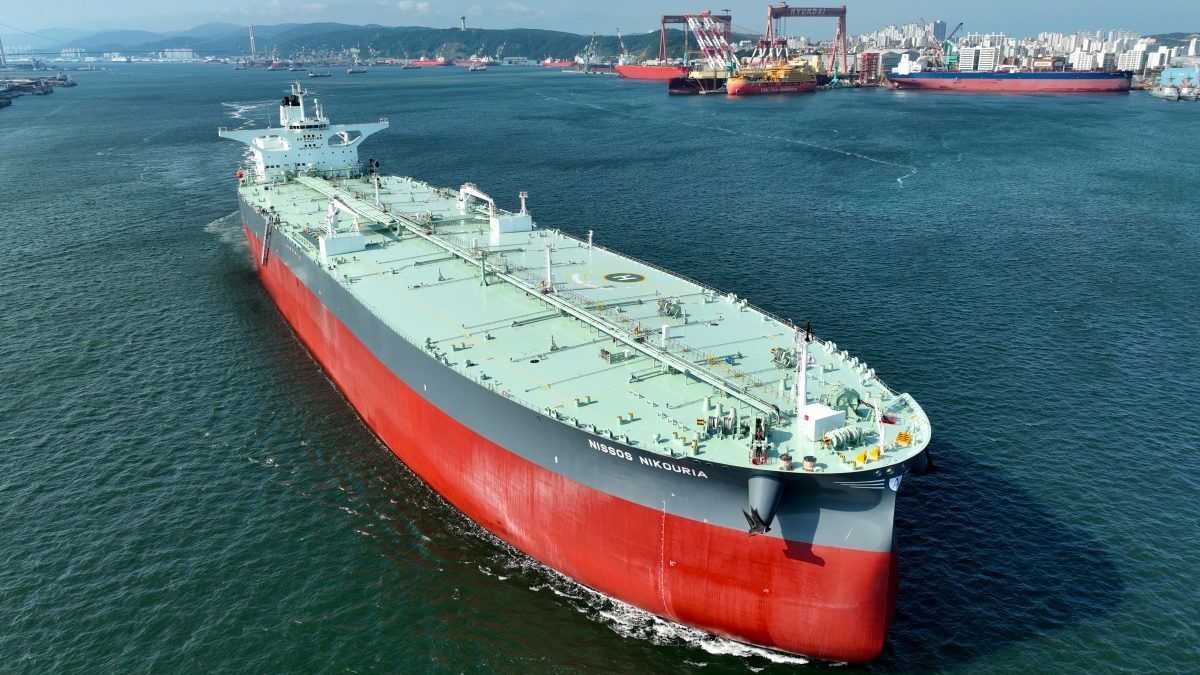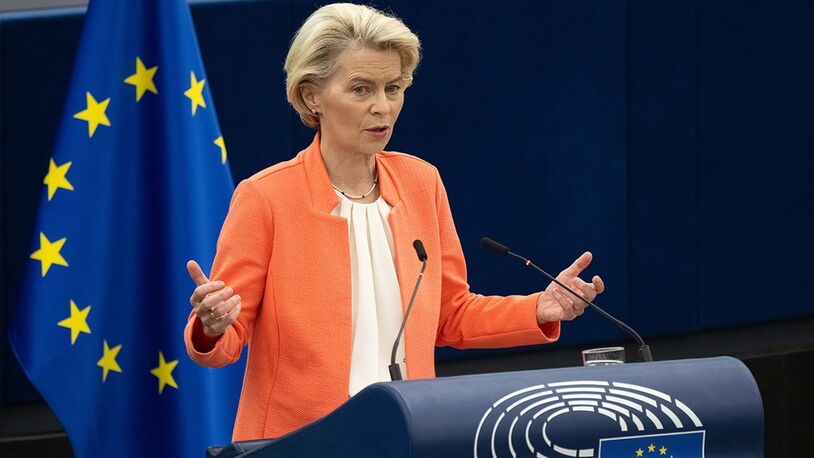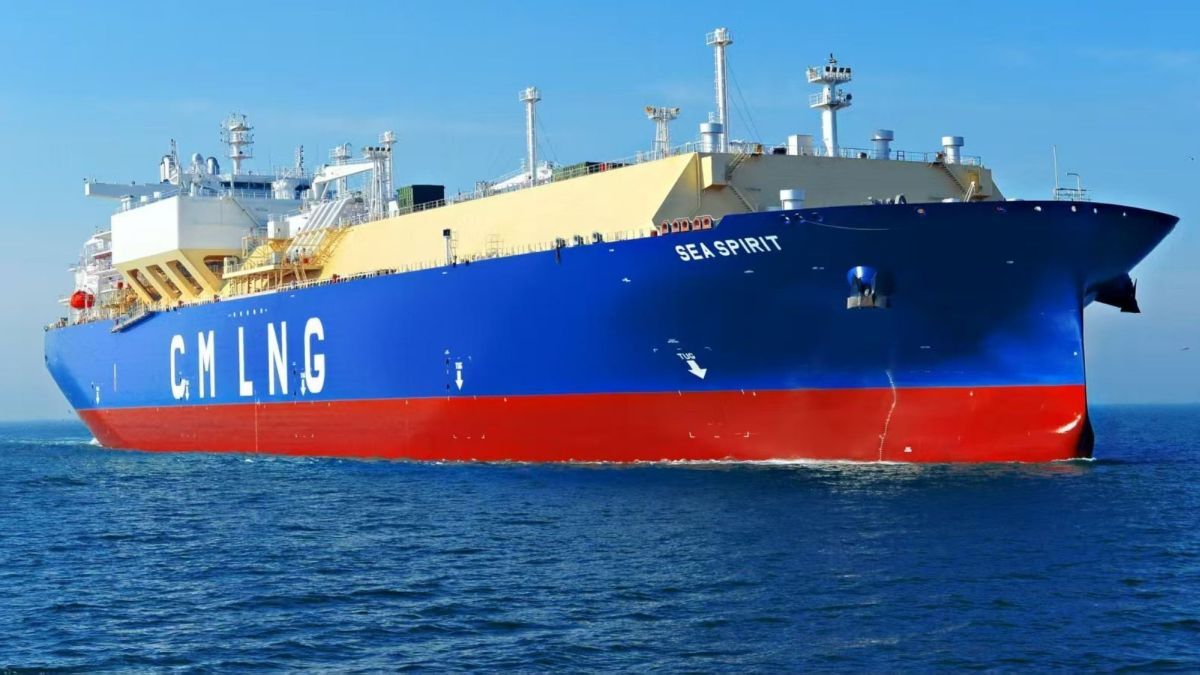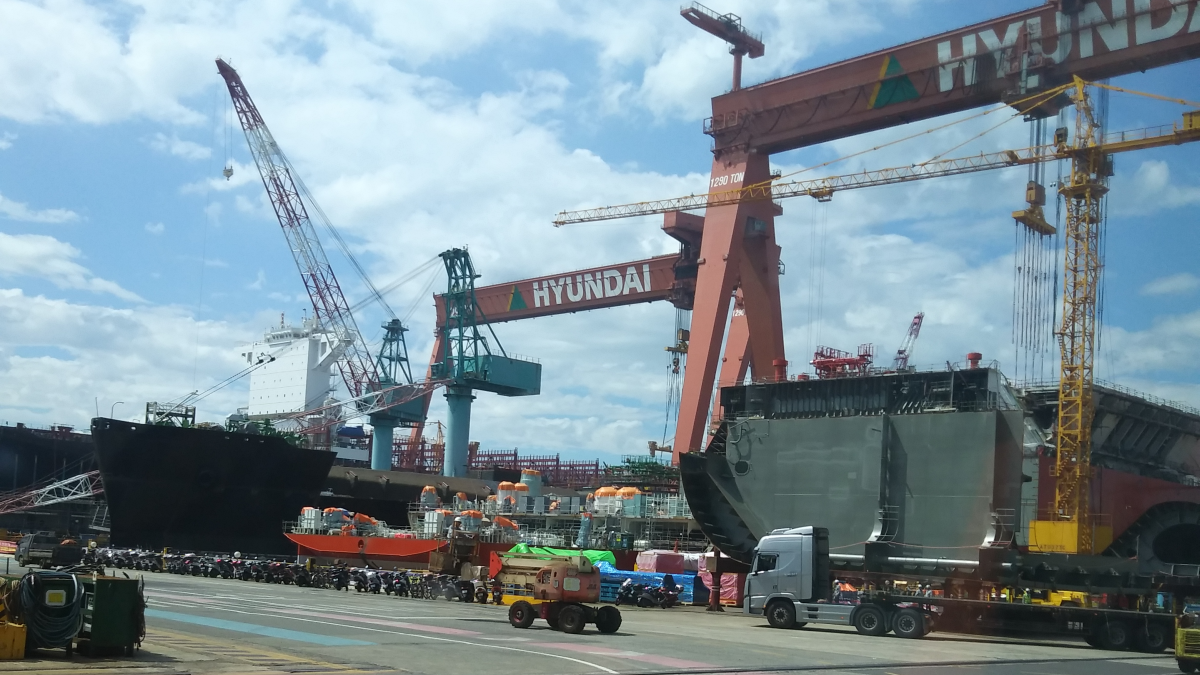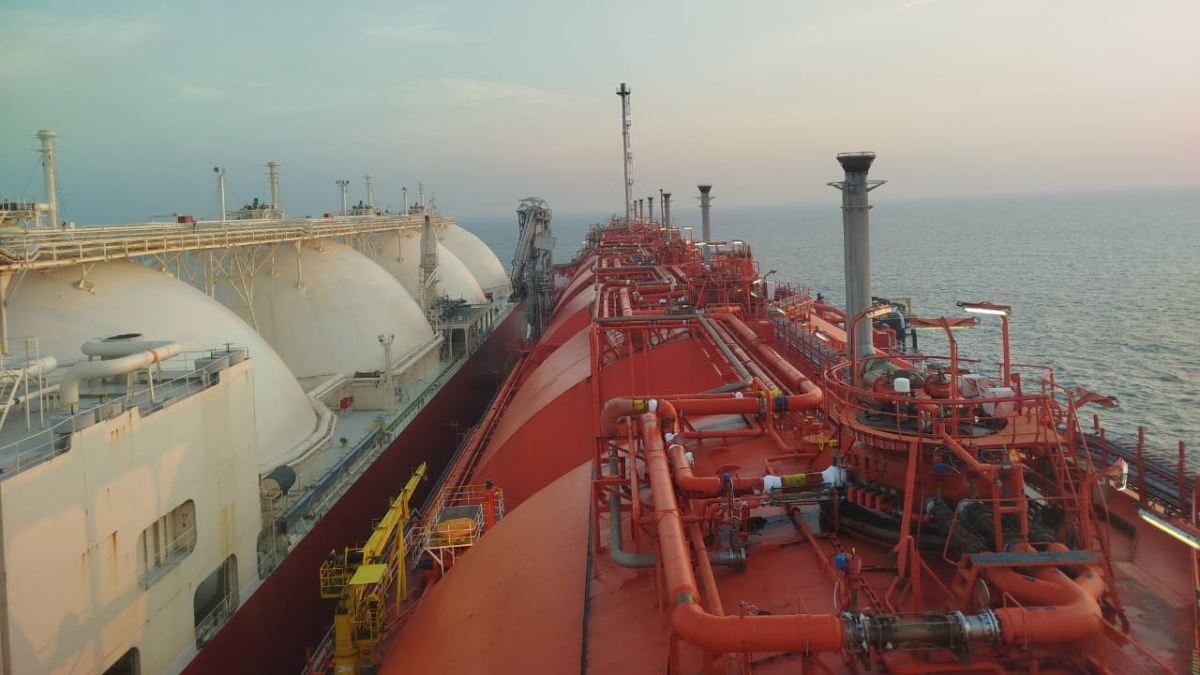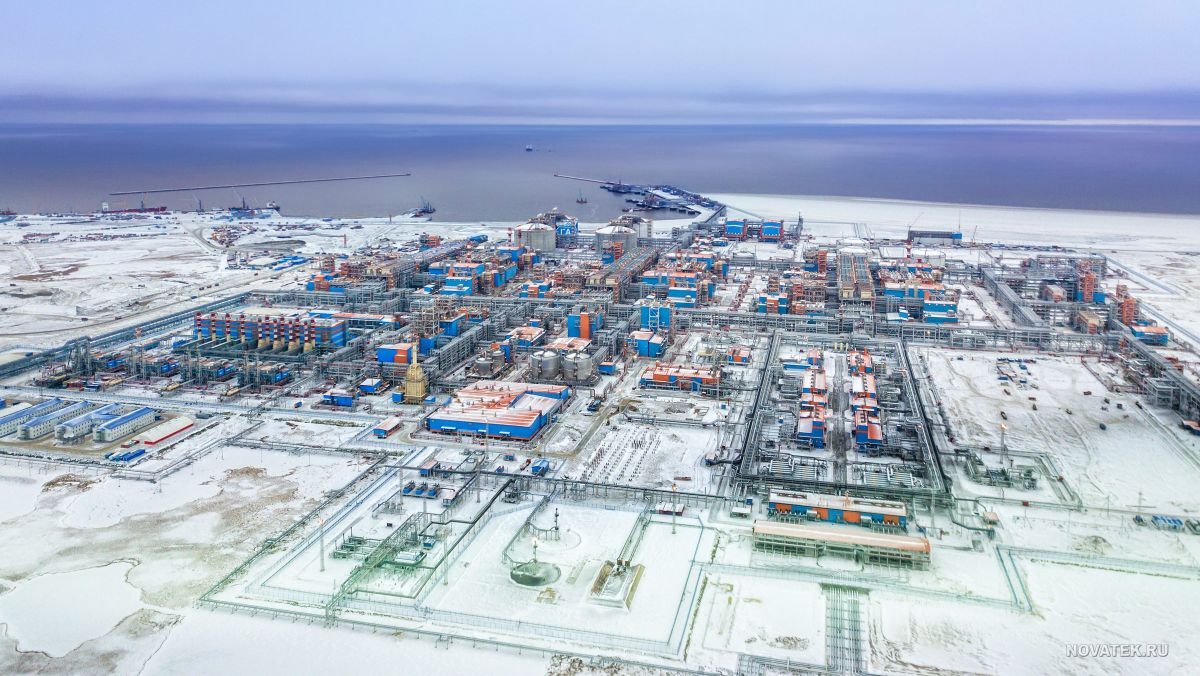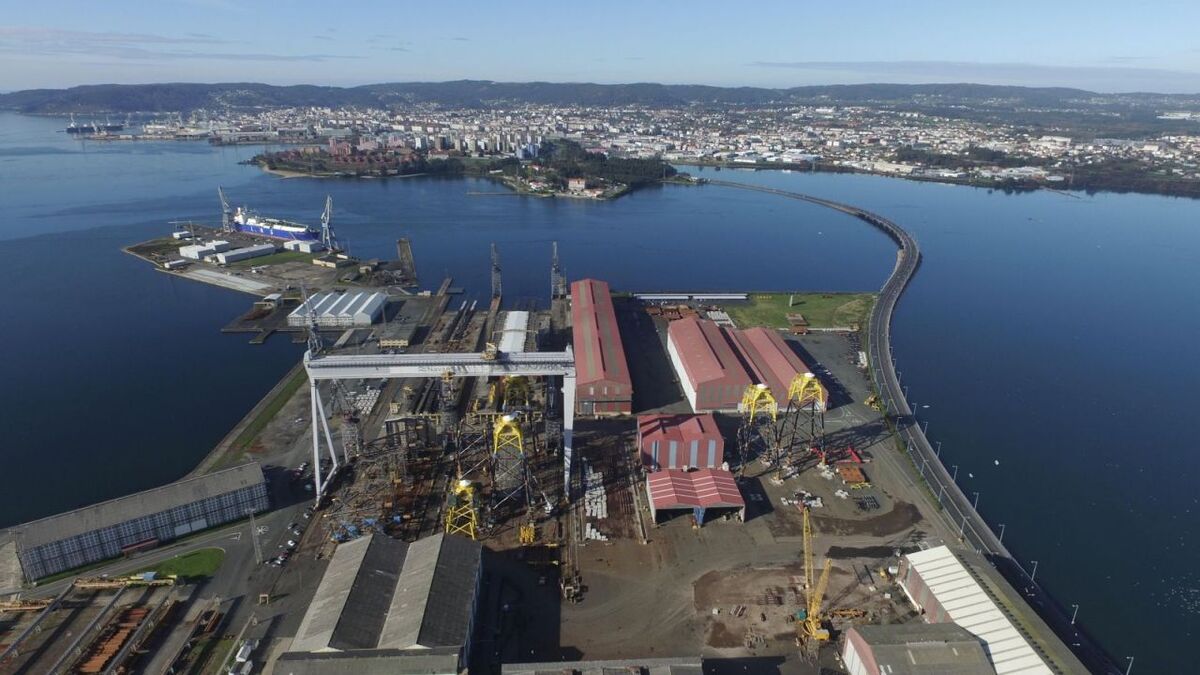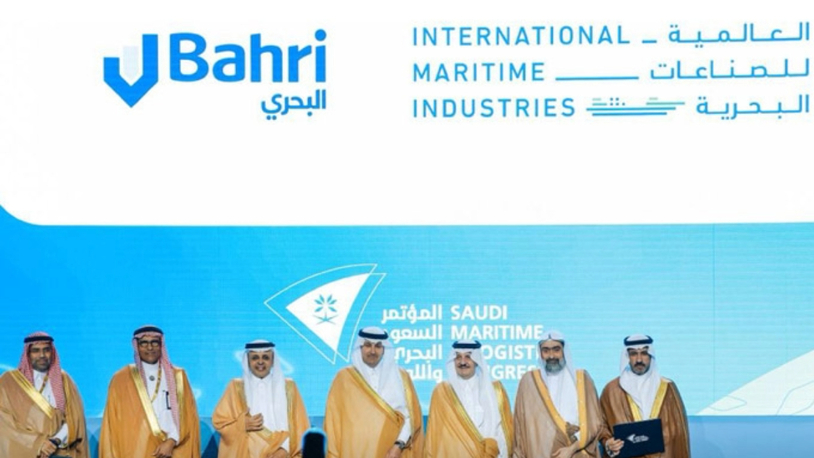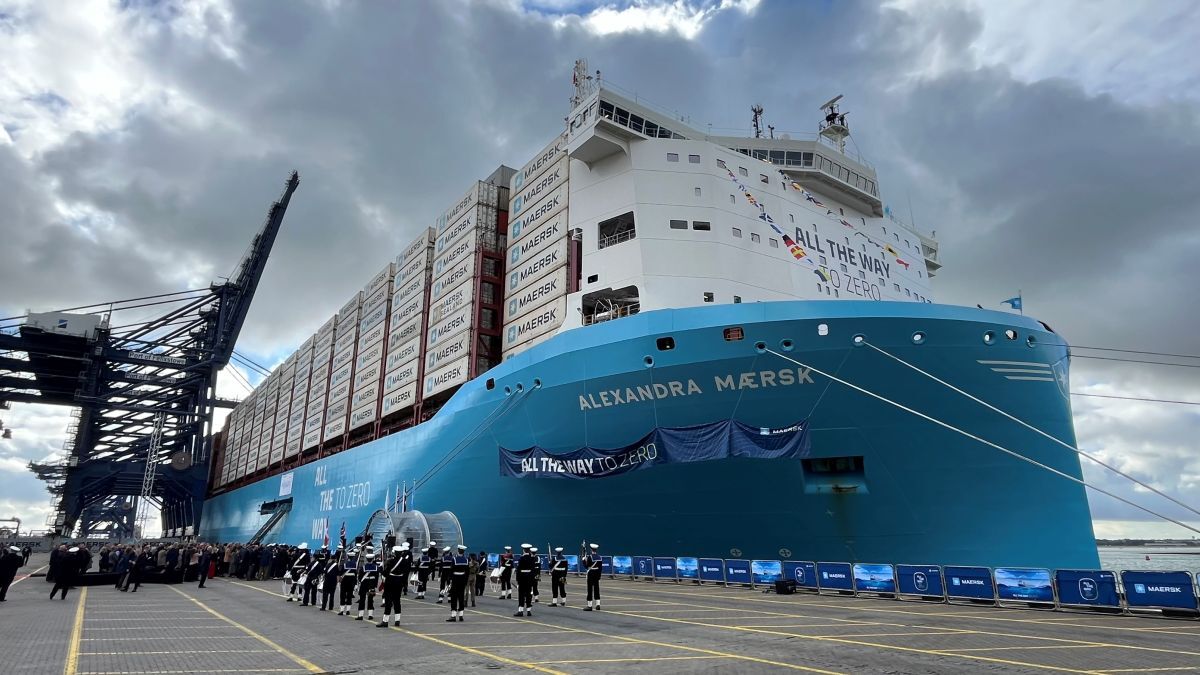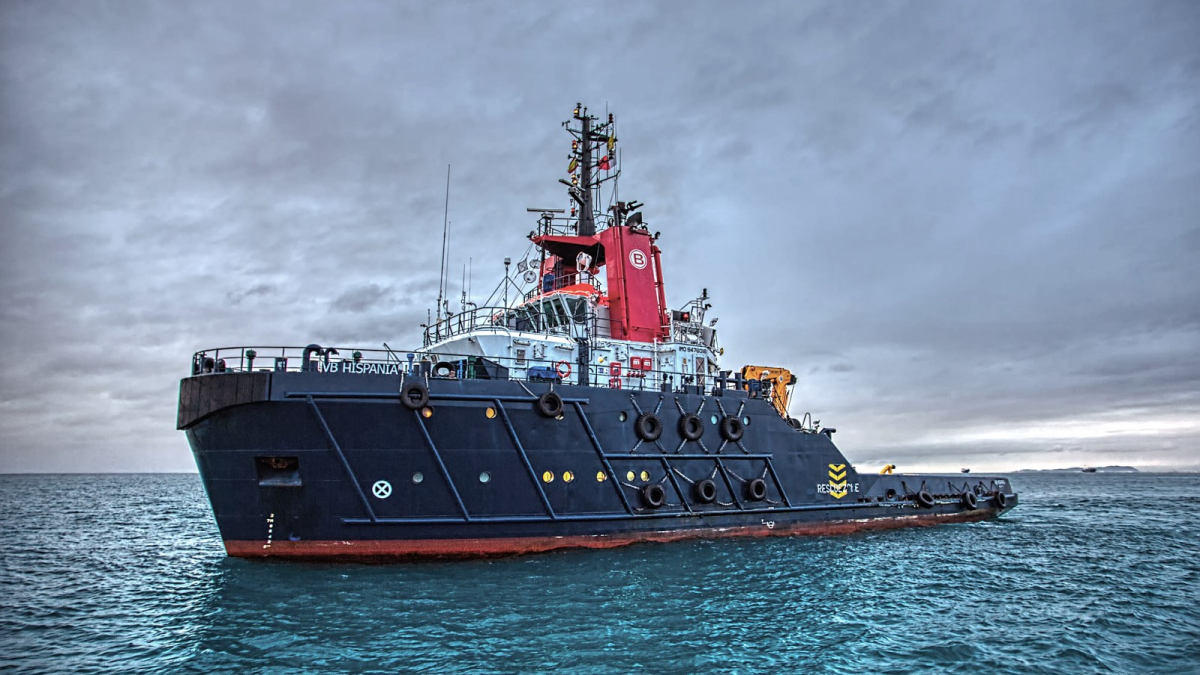Business Sectors
Events
Contents
Register to read more articles.
Okeanis Eco Tankers' bold VLCC crude to clean trades strategy pays off
Okeanis Eco Tankers shifts VLCCs from crude to clean trades, capitalising on premium diesel rates and outperforming industry rivals in Q2 2024
Okeanis Eco Tankers (OET) has successfully transitioned several of its very large crude carriers (VLCCs) from dirty to clean trades as LR4s, enabling the vessels to carry diesel and capitalise on the more favourable product tanker rates.
This strategic move, highlighted in the company’s Q2 2024 earnings report and conference call, underscores OET’s adaptability in navigating a challenging market environment characterised by fluctuating crude and product tanker rates.
The strategy resonates with broader industry trends, recalling the notable VLCC clean cargo voyage from Europe in 2021, which was seen as a potential game-changer for large crude carriers venturing into clean trades.
Furthermore, it aligns with the occasional industry practice where new VLCCs carry oil products on their maiden voyages.
Firmer product tanker rates, in part generated by the risk involved in Red Sea transits, were a factor.
OET reported the process of cleaning a VLCC for transporting clean products as both time-consuming and costly. OET engaged an unnamed specialist company which undertook an extensive cleaning process that involved over 120 people per vessel engaging in hot water washing, chemical treatments and sludge removal to clean the tanks down to bare metal. This meticulous operation was necessary to eliminate the significant residue left by crude oil, with an average of 150 tonnes of sludge removed per vessel.
Each cleaning, which VesselsValue tracking data of the VLCCs suggests took place in Singapore, took approximately 20 days, a considerable investment in time and resources that OET justified by the premium rates the vessels would earn in the product tanker market. According to the company’s Q2 2024 financial results, this strategy paid off handsomely.
The VLCCs that were cleaned for diesel transport generated premium time charter equivalent (TCE) rates compared with traditional crude oil trades. The charterers, believed to be oil refineries, agreed in the contract to carry contamination risk and accept the company’s inspection reports.
Okeanis Eco Tankers chief executive Aristidis Alafouzos stressed the success of this strategy, stating, "This move generated a premium TCE and extended the trading duration during the seasonally weaker summer months, positioning us advantageously in the West market."
The company reported average daily TCE earnings of US$73,300 per day for its VLCCs during the second quarter, significantly outperforming the more conventional crude oil trades.
The strategy not only enhanced earnings but also provided OET with operational flexibility. By transitioning some of its VLCCs to clean trades, the company extended the duration of voyages during the typically weaker summer months and positioned its vessels in Western markets where diesel demand was stronger.
This move offered optionality for future trades, with some vessels potentially returning to dirty trading after their clean voyages.
Furthermore, the company reported that discharge of the diesel in Europe (now underway and believed to be off Malta and Rotterdam) requires STS to smaller tankers – a lengthy process with expectations of demurrage earnings.
For Q3 2024, OET has secured 58% of its spot days at an average TCE of US$46,100 per day, demonstrating continued strength in earnings as VLCCs positioned in the West market take advantage of winter seasonality, and one of the cleaned VLCCs is reported to have returned to the dirty trades.
Despite expectations of a slight softening in the clean market, the company remains open to redeploying VLCCs in clean trades if market conditions warrant – although the company noted a VLCC entering the product trades produces such economies of scale for the charterers, that weakens the product freight market.
In comparison, Frontline, another major player in the VLCC market, reported an average daily spot TCE of US$49,600 per day for its VLCC fleet in Q2 2024. Frontline’s performance, while solid, was lower than Okeanis Eco Tankers’ earnings, reflecting a more traditional trading pattern with less involvement in the clean product trades.
Frontline projects a slight decrease in VLCC TCE for Q3 2024 to US$48,100 per day, with 79% of their spot days currently contracted. The anticipated decrease reflects expected ballast days toward the end of the quarter, which could impact overall earnings.
International Seaways, another competitor, reported VLCC spot TCE earnings of US$52,000 per day in Q2 2024, positioning it between Okeanis and Frontline in terms of performance. Its earnings were supported by strategic positioning and capitalising on the seasonally strong markets.
For Q3 2024, International Seaways expects its VLCC TCE rates to remain stable or slightly improve as it continues to leverage its fleet’s operational efficiency and market opportunities. Although specific TCE projections for Q3 were not disclosed, the company has expressed optimism regarding the upcoming winter season.
While the incident was not alluded to in the Q2 2024 financial results conference call, OET has reason to avoid the troublesome Middle East region. In late 2022, one of its VLCCs narrowly escaped a dangerous incident in the Middle East when the vessel was involved in an encounter with explosions in Yemen, which highlighted the ongoing risks that tanker operators face in geopolitically volatile regions.
OET’s decision to clean VLCCs and transition them into the diesel market has clearly paid off, allowing the company to outperform its peers.
Not all VLCC operators will be in a position to use the slack European summer season to clean and reposition vessels for a clean cargo East to West, but this is now on the radar for 2025 – if the commercial conditions align of firm product freight rates and the need to avoid Red Sea transits.
For further insights into crude tanker commercial strategy, sign up for the Crude Tanker & Terminals Conference, Awards and Exbition. Details can be found here.
Related to this Story
Events
Maritime Decarbonisation, Europe: Conference, Awards & Exhibition 2025
Offshore Support Journal Conference, Americas 2025
LNG Shipping & Terminals Conference 2025
© 2024 Riviera Maritime Media Ltd.


